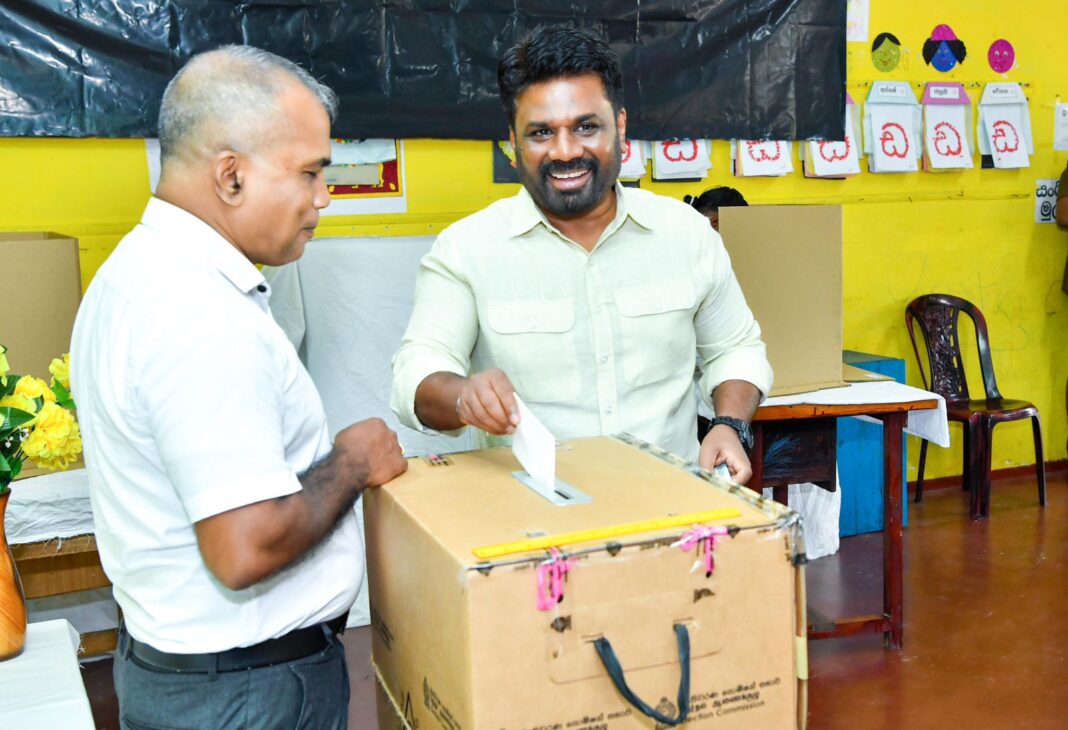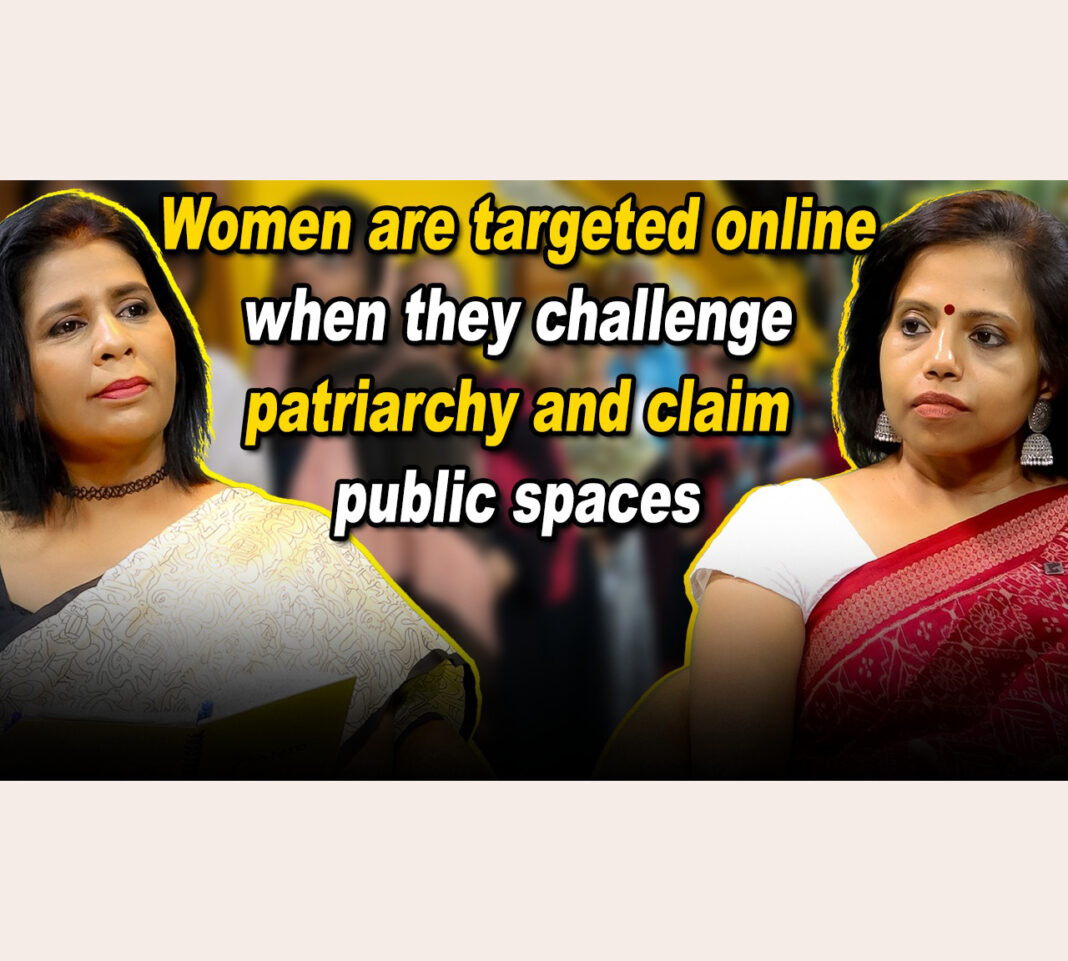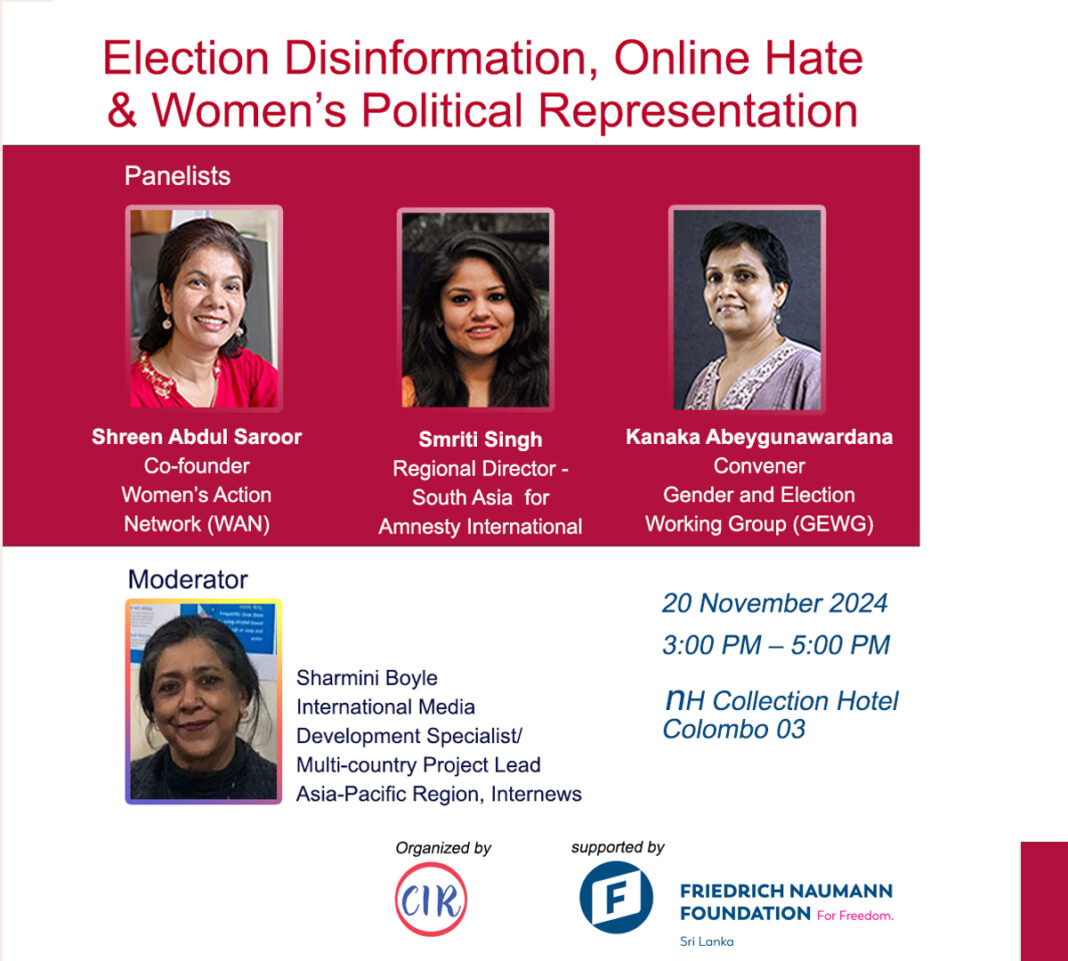- NPP receives a historic mandate countrywide including Tamil majority areas, marking a significant change in the electorate this November.
- The new Legislature will see the highest-ever women’s representation with 21 women voted into Parliament, 19 of them from the NPP.
- The next Parliament will also see over 140 first-time parliamentarians.
By Pamodi Waravita
COLOMBO – The November 15 electoral victory of the National People’s Power (NPP) marks a watershed moment in the party’s political history. Besides receiving a supermajority with 159 seats, the party has won four districts in the North and East of Sri Lanka, the only southern political party to win minority-dominant districts as a single political party under the proportional representation system.
Excluding Batticaloa, the NPP managed to extend its writ across the island, electing a total of 10 Tamil MPs – three from Jaffna, two each from Vanni and Badulla, and one each from Nuwara Eliya, Matara, and Batticaloa. One is nominated through the party’s National List.
The Friday (15) results have come as a “long overdue reckoning for the North”, says Dr. Ahilan Kadirgamar, political economist and senior lecturer at the University of Jaffna.
The NPP won the northern district of Jaffna with 24.85% of the total district vote and the Vanni District with 20.37% of the total vote. The Ilankai Tamil Arasu Kadchi (ITAK), the country’s largest Tamil party, faced considerable losses in the North, managing to secure only one seat in each district in the North ,the party’s home base.
Dr. Kadirgamar told CIR that these results have “finally exposed” that Tamil nationalist politics have been “self-serving for Tamil political actors”.
“Tamil nationalist politics has been propped up by the Tamil diaspora and by other actors like India, to whom the Tamil nationalist political parties have often run to; with claims that a political settlement will be found with their support. Tamil nationalist politicians were never serious enough about engaging the South. Now, this opens the space of a broader national conversation within Sri Lanka to figure out how we want to move forward,” said Kadirgamar.
The Tamil minority in Sri Lanka has long called for a political settlement to the Tamil national question which Kadirgamar said would continue: “When people say that, it’s not about a particular legal structure, certain clause, or amendment. They’d want to see a recognition that this country has gone through a civil war and that people have suffered. To be able to reunite as a country, there has to be power sharing and minority concerns have to be addressed at the centre.”
A failure to address economic concerns in the North
According to Dr. Mahendran Thiruvarangan, an academic from the University of Jaffna, another reason for the poor performance of the Tamil political parties is their failure to address the “economic sufferings seen in the peripheries of the North among the oppressed classes, farmers, the war-affected, and fisherfolk”.
He told CIR that the Tamil community seemed to believe that the NPP, which has positioned itself as a non-racist, non-discriminatory force, could deliver economically and fight corruption.
“There is trust in both President Anura Kumara Dissanayake and Prime Minister Harini Amarasuriya. The appointment of Amarasuriya is positively regarded in the North as she has spoken up for minorities in her research and activism,” Thiruvarangan added.
Yathursha Ulakentheran is an independent researcher from the North who researches marginalised communities and debt restructuring. She told CIR that the President’s anti-corruption agenda, which includes his refusal to work with politicians who have allegations of corruption, is one of many concerns that had resonated with the youth desirous of a system change.
They (the youth) hope that the community’s long standing political grievances including war displaced, the missing, militarisation, and land grabs should be addressed by the NPP.
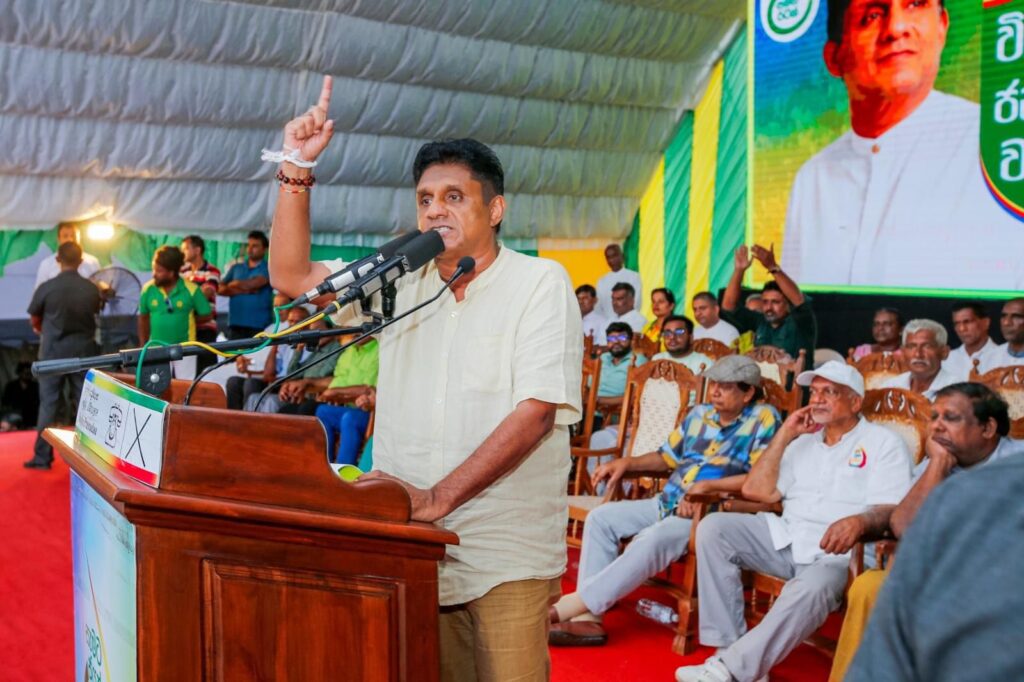
A matter of political will
The NPP’s parliamentary win comes a month after its presidential candidate, Anura Kumara Dissanayake’s win in the presidential poll. While his rise to the top in September with 42% of the vote – from a 3% vote base in 2019 – is a remarkable feat for the leftist party, Dissanayake’s race was still tight as he failed to obtain the mandated 50%+1 vote and a second count was carried out.
Yet, a month later, Dissanayake’s NPP has comfortably swept the polls to obtain 61.86% of the national vote.
On how the NPP comfortably secured a two-third majority as a single political party garnering support both the North and the South, Uditha Devapriya, chief international relations analyst at Factum, a Colombo-based foreign policy think tank, told CIR that the NPP has received an opportunity “no other southern party” had ever received.
“The NPP cannot waste it,” he noted.
“The basis of the NPP’s campaign was that they (NPP) can do it alone, without coalition partners, and it would be possible to secure a majority in Parliament as a single party. They’ve managed to trump that expectation, and this means they have more leeway in making decisions without compromising with other parties,” said Devapriya.
Bhavani Fonseka, Senior Researcher at the CPA, too said that reforms, both governance and legal, such as abolishing the executive presidency and repealing the Prevention of Terrorism Act (PTA), were now a matter of political will.
“The NPP’s earlier position was that they needed a mandate in Parliament to carry out these reforms, and now, they have one.”
However, Fonseka emphasises that both the citizens and the opposition must consistently remind the NPP and the new administration on the promises made to the couple in the past two months to ensure that history isn’t repeated – where parties with a supermajority have passed reforms detrimental towards democracy.
Election of 21 women
This election also saw 21 women being elected – 19 from the NPP and two from the SJB. The highest number of women to have represented a single parliament has been 13.
This year saw an increase in women nominees from the major parties. The NPP nominated 32, the SJB 15, and the ITAK, six women. Fonseka said that this moment should be a time of learning for all political parties.
“There is certainly an opening and momentum for women in politics, but whether that will be utilised is a question. It also galvanises more activism on the ground where more women will feel that they can come into politics,” Fonseka told CIR.
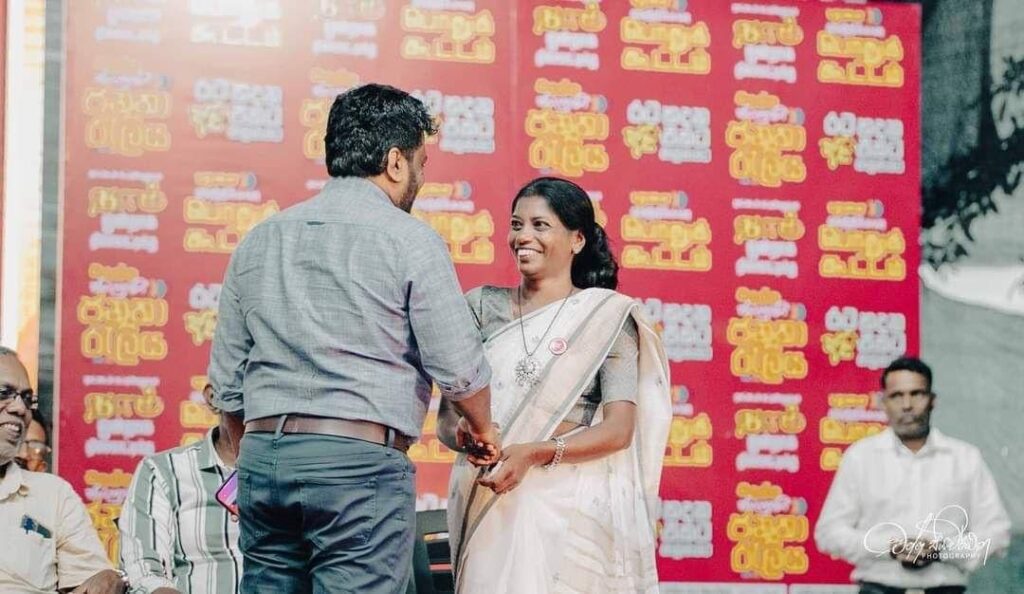
Over 100 first timers to Parliament
Another serious political shift observed in the results is the electorate’s rejection of the old guard, paving the way for an army of first-time parliamentarians. The next Parliament will welcome 146 first-timers.
As the NPP secured a supermajority with 159 seats, the main contender, the Samagi Jana Balawegeya (SJB) led by Sajith Premadasa, faced serious setbacks. Islandwide, the SJB with a total of 40 seats has lost 14 seats since 2020, while the NPP has gained 156 seats – a sharp rise from three to 159.
Prof. Jayadeva Uyangoda, a senior political scientist, highlights this as a “massive shift in political trust”, in favour of President Anura Kumara Dissanayake and the NPP.
“The opposition parties are themselves responsible for this decline. There’s a tendency to blame the NPP for getting a two-third majority, but the opposition parties should be blaming themselves for that,” Uyangoda told CIR.
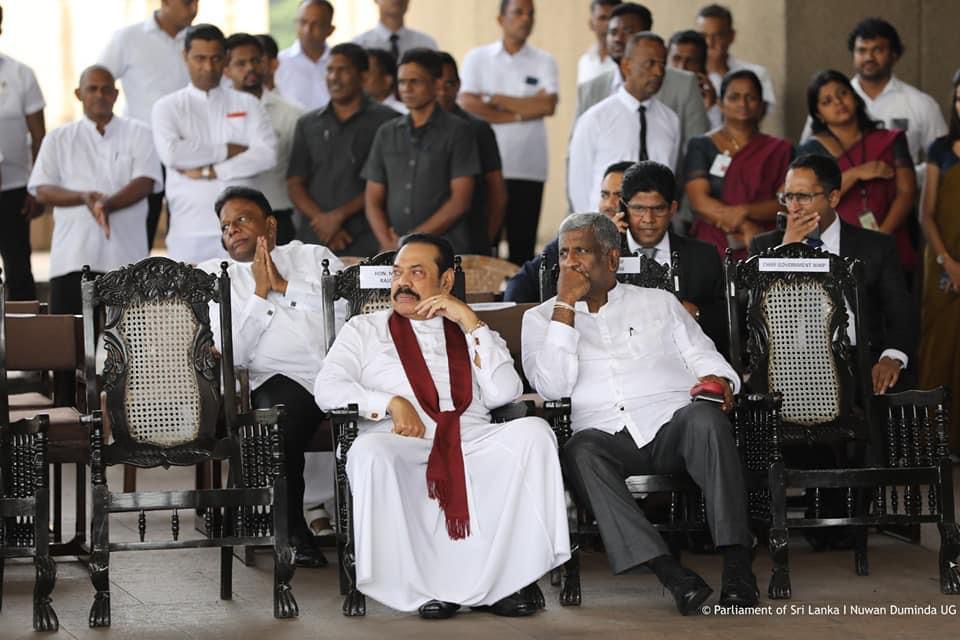
Low voter turnout
While the results may signal change, the run up to the election has been muted, with election monitors, such as the People’s Action for Free and Fair Elections (PAFFREL), highlighting that there was a “notable decline in political engagement”. This was seen at the polling booths as well where voter turnout was around 65%, according to the Election Commission – an almost 10% decrease from the presidential election.
According to Manjula Gajanayake, the Executive Director of the Institute for Democratic Reforms and Electoral Systems (IRES), this is the second time in the 2000s that voter turnout has dipped below 70% at a parliamentary election.
| Voter turnout for parliamentary elections (2000 to 2020) | |
| 2000 | 75.63% |
| 2001 | 76.03% |
| 2004 | 75.96% |
| 2010 | 61.26% |
| 2015 | 77.66% |
| 2020 | 75.89% |
Source: IRES
Dr. Pakiasothy Saravanamuttu, Executive Director of the Centre for Policy Alternatives (CPA), says that the “fair number of people” who didn’t vote, the disunity of the opposition, and the opposition’s lack of resources all meant that there wasn’t “much of a contest at the end of the day”.
The youth vote has also factored into NPP’s win, he added, especially noting that the youth vote could have been one reason for the NPP’s gain in the country’s minority areas.

